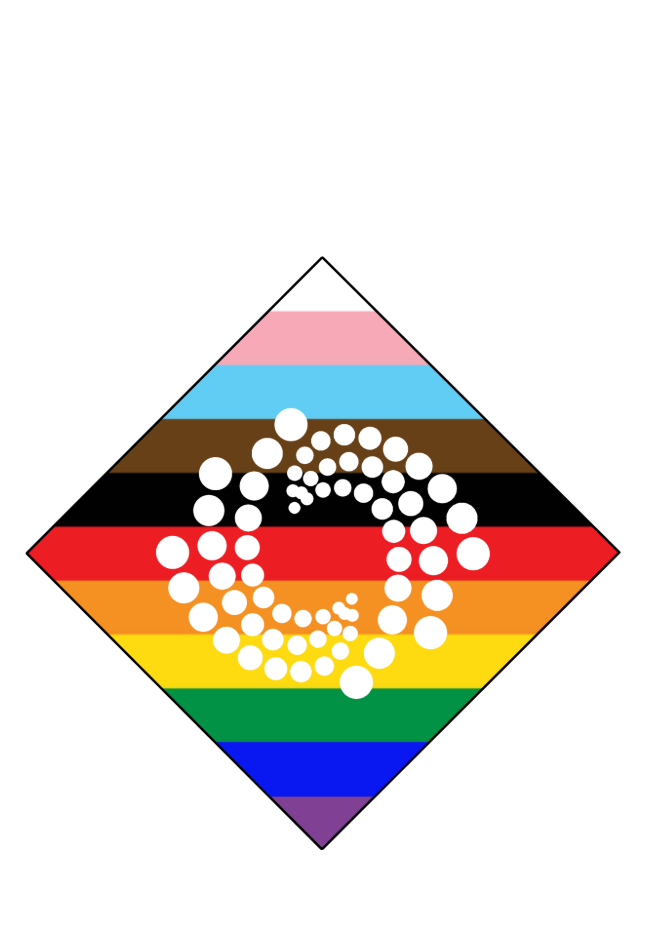Our Support Model
Trauma is unique to each person, but for those who experience it, it can be usually associated with prolonged, repeated traumatic experiences that impact the view of themselves, others and the world.
Re-enactment and Danger Cues
Survivors can find themselves reacting to the trauma through behaviour, finding themselves in risky environments. They can find difficulty in assessing situations and find themselves re-victimised in various ways.
Loss of Sense of Self and Self-worth
Survivors can experience a conflict of sense of self; with feelings of alienation, unlovability and lack of belonging, along with low self-esteem and body image. These feelings often lead to negative expectations for the future and feelings of hopelessness.
Loss of Trust
Survivors can feel suspicious and lack trust in others but also themselves in making decisions. They can feel a high sense of vulnerability and view the world as distrustful and unsafe.
Shame, Guilt and Anger
Survivors can feel suspicious and lack trust in others but also themselves in making decisions. They can feel a high sense of vulnerability and view the world as distrustful and unsafe.
Bodily Responses
Survivors of sexual and physical abuse can often experience disconnection from the body. This can manifest as issues with coordination, balance and sensations, developmental delays and/or medical issues. Also issues with information processing and problem solving.
Trauma Experiences
Survivors can find difficulty in expressing and labelling their feelings and needs. They can find themselves experiencing disconnection from their mind, or others or the world. This may result in feelings of panic, hyper-vigilance and lapses in memorys, difficulties in sleeping, flashbacks or regulating emotions.
Social and Relationships
Survivors can find maintaining and developing new relationships difficult. With difficulty adapting to others and relating to people’s perspectives. Boundaries can become blurred and issues with social isolation can arise.


